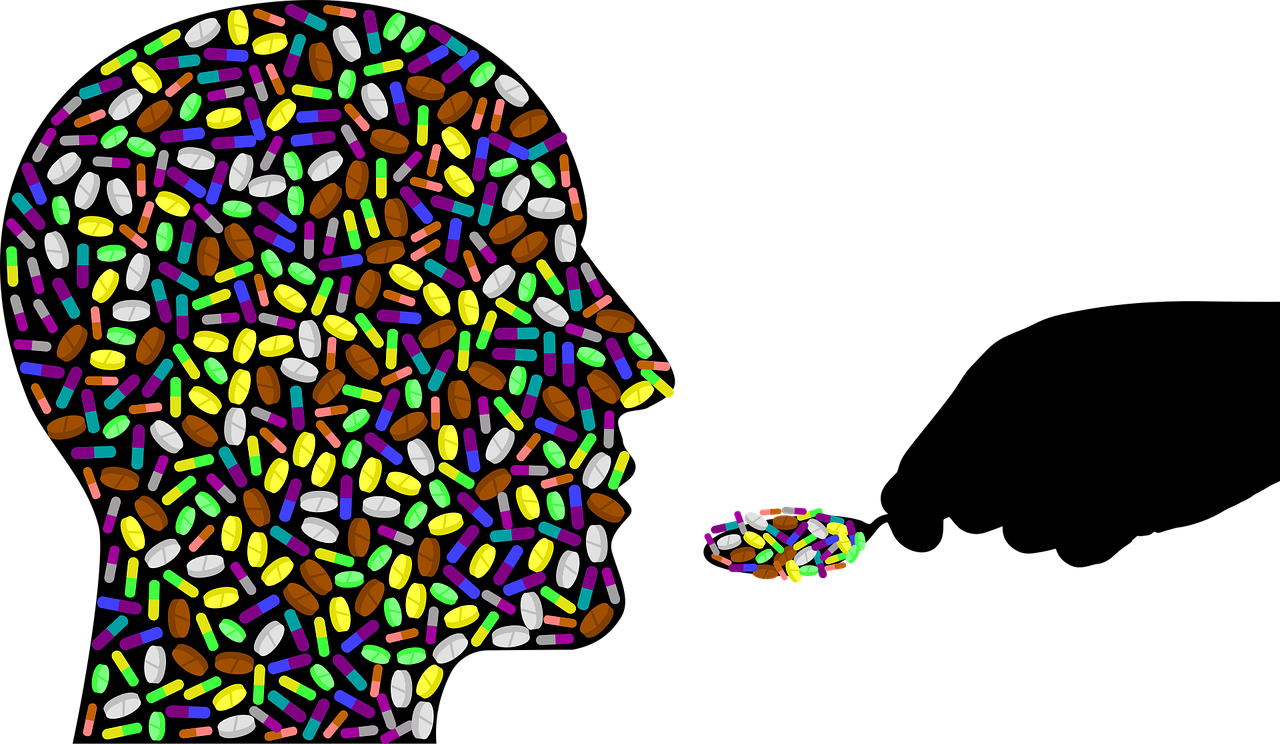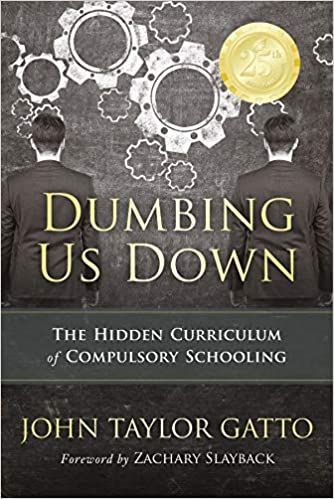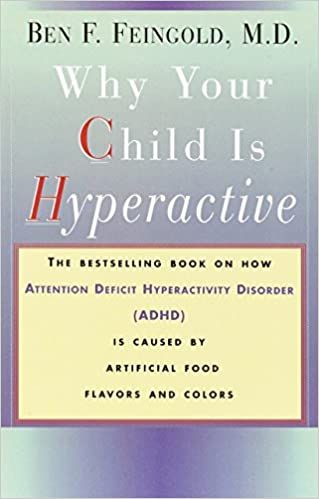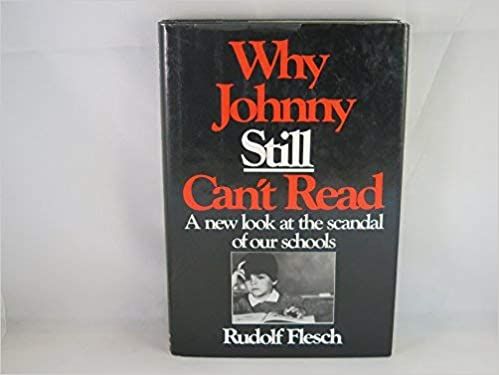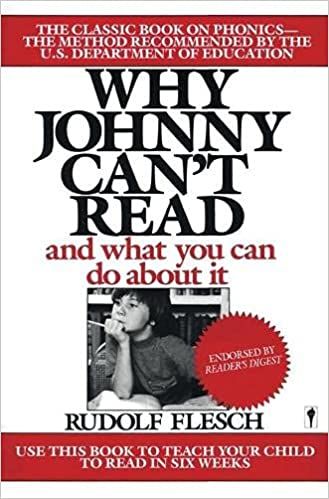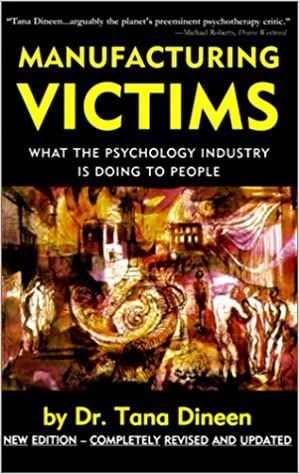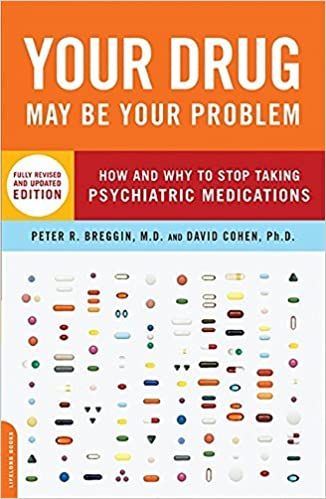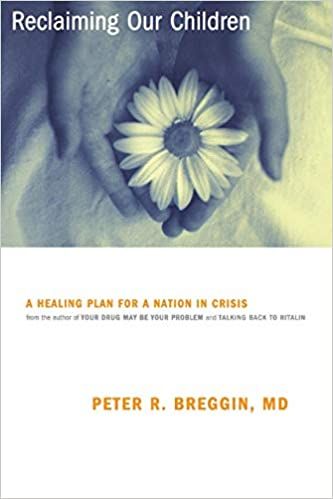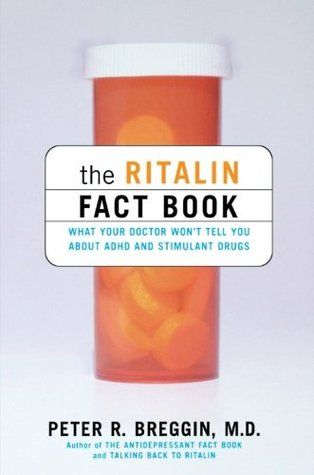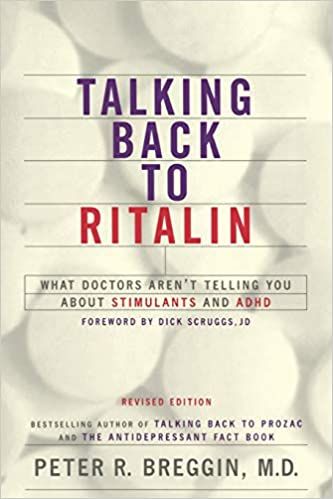Mental Health Records Matter in Mass Shootings
Another crazed, gun-toting kid wantonly, tragically kills ten and wounds three innocent people
in a small upstate New York town. We’ve heard this scenario played out time and again. Is it
really that simple? Another crazy kid spewing hate, remedying his discontent in a hail of bullets.
Maybe.But why not conduct a complete investigation, including releasing the shooter’s psychiatric
drug “treatment?”
Law enforcement, lawmakers and media pundits whip out the same tired script, focusing on the
killing weapon…the gun, while completely ignoring another possibility for the murderous
madness – mental health psychiatric drug “treatment.” How many more must die before an
open, honest, dialogue takes place about the serious adverse events associated with mental
health “treatment?”
What is known so far is that Payton Gendron, 18, has a mental health history. How far back this
history goes may never be released. But we do know that he was investigated in 2021 just prior
to his graduation from High School for making what then were taken as threatening comments
to classmates.
The then 17-year-old, reported by school officials, was taken into custody by the New York
state police and admitted for a mental health evaluation. The 17-year-old was evaluated for
about a day and a half and released. Police Commissioner, Joseph Gramaglia, did not describe
the findings of the mental health evaluation nor what, if any, drug “treatment” was provided.
Why?
Certainly, authorities can’t be falling back on the privacy protections provided under the HIPPA.
Those privacy protections effectively went out the window with the COVID-19 pandemic. The
minute the emergency vaccines were instituted, health privacy meant nothing when
government entities decided that the health and welfare of all far outweighed the privacy of a
few.
Where does this deliberate refusal to release the mental health history, including all prescribed
psychiatric medications, come from? Is it really about protecting the medical records of the
accused shooter or, perhaps, is it really about protecting the mental health regime and
pharmaceutical giants from failed diagnoses and murderous treatments?
What, exactly, was the result of Gendron’s mental health examination? Was Gendron provided
a psychiatric diagnosis and “treated” with psychotropic (mind-altering) drugs? Was Gendron
requested to attend mental health anger management classes? Was there follow up after the
evaluation, which included his parents ensuring their son was taking his drug “treatment?” No
one knows and it appears that the authorities don’t seem to think that it matters. But it does
matter.
Take for instance, that it is not widely known that despite a litany of antidepressants on the market, only
Prozac has been approved by the Food and Drug Administration (FDA) for use in children. All other
antidepressants are prescribed by doctors “off-label” to children. According to the adverse events listed by
the drug companies, antidepressants can cause the following adverse effects: Mania, Psychosis, Abnormal
Behavior, Anxiety, Violent Behavior, depersonalization, hallucinations, hostility, and delusions to name a
few, and come with an FDA Black Box Warning for causing Suicidality – the FDA’s most serious warning
before removing a drug from the market.
Given the adverse events listed above, would not the public be better served if it knew less
about the make and model of the killing weapon and more about the shooter’s possible
psychiatric drug use and mental health status? One could argue that it couldn’t hurt to know all
the information about these shooters…something along the lines of informed consent.
Ablechild, perhaps, came very close to getting the reasoning behind law enforcement and
lawmakers’ reluctance to release mental health “treatment” data. During a 2013 Freedom of
Information Act (FOIA) Hearing – Ablechild vs. Chief Medical Examiner
which was seeking information about Sandy Hook shooter, Adam Lanza’s mental health records, the
attorney for the Office of the Attorney General, Patrick Kwanashie, argued that release of Adam
Lanza’s records to the public “can cause a lot of people to stop taking their medications.” Bingo!
More frightening to the pharmaceutical industry and mental health regime, though, is that one
might also argue that if the mental health drug “treatment” information of all shooters was
made available to the public, maybe people wouldn’t take the psychiatric drugs at all…ever.
The documentation supporting a connection between school shootings and/or school-related
acts of violence and those taking or withdrawing from psychiatric drugs, resulting in 162
wounded and 72 killed, is readily available.
Unfortunately, while the information, if made available, won’t bring back those so wrongfully
harmed by the brutal actions of these shooters, but having the mental health data and drug
“treatments” prescribed to them may lead to a better understanding of the role psychiatric
drugs may play in these shootings.
Maybe. Just maybe. If parents are made aware of the possible adverse events associated with
the psychiatric “treatments,” and if they are made aware that too many of the shooting
incidents that occur are carried out by those who are on or are withdrawing from psychiatric
drug use, maybe they may opt for, even insist upon, a different treatment plan.
It’s time to consider that there is more to these random crazed kid shooters. Afterall, there
seems little doubt if the shooter had been on an illegal substance, such as Fentanyl or Meth,
authorities would have released that information to the public. Why, then, are the prescribed
psychiatric mind-altering drugs used as “treatment” given a protected status?
The answer may be very frightening to the mental health industry. Maybe. Just maybe, mental
health “treatments” don’t work and sometimes they may actually put the public at risk of great
bodily harm. If the powers that be really want to end this senseless violence, they have to start
asking the right questions and providing the public with all the information.


